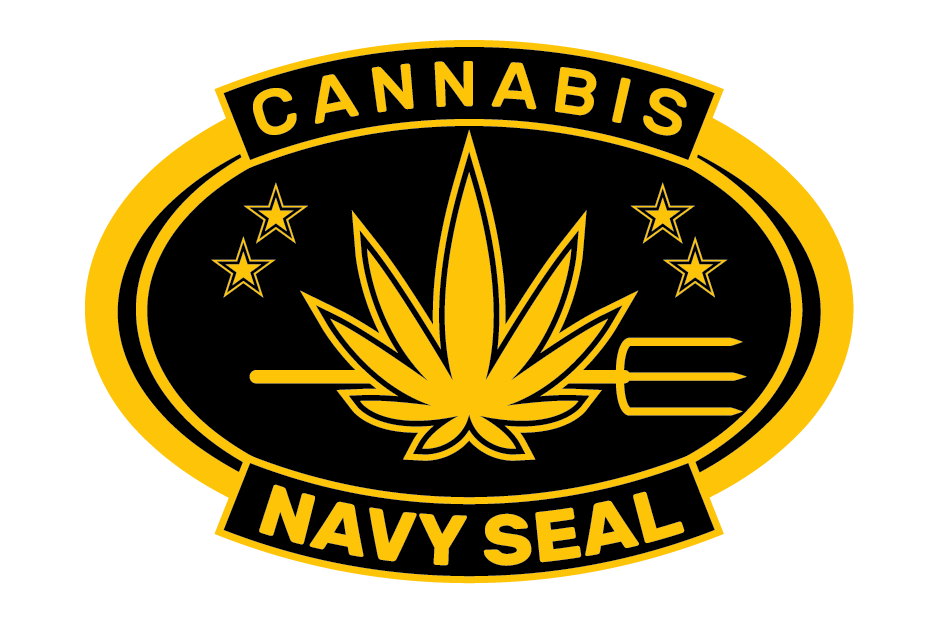Why the VA Still Prohibits Cannabis — and How That Might Change
For many veterans, cannabis seems like a plausible tool for chronic pain, insomnia, or PTSD symptoms. So why can’t their VA clinicians recommend or prescribe it? Short answer: federal law. The Department of Veterans Affairs (VA) must follow the Controlled Substances Act, and all VA hospitals and clinics are federal property. That means possession or use is barred on-site, VA pharmacies cannot dispense cannabis, and VA clinicians may not recommend or complete state certification forms. They can discuss cannabis use and document it in the medical record—and veterans are not denied benefits for disclosing use—but care teams cannot help enroll them in state programs or issue prescriptions.
Another reason you won’t get a VA prescription: there are no FDA-approved, plant-based cannabis drugs for the typical complaints veterans raise (e.g., musculoskeletal pain, PTSD-related insomnia). The VA has commissioned systematic evidence reviews and, increasingly, is funding targeted trials under standard research controls—reflecting cautious, structured inquiry rather than clinical endorsement. Examples include the VA Evidence-based Synthesis Program’s reviews and ongoing projects like the FOCUS study examining cannabis use and outcomes among veterans with PTSD.
The potential policy pivot: rescheduling
After a scientific evaluation by the Department of Health and Human Services, the Drug Enforcement Administration (DEA) proposed in May 2024 to move marijuana from Schedule I to Schedule III. As of October 2025, that rulemaking has not been finalized; filings indicate the process remains stalled at the same stage it has occupied for months. Even if adopted, rescheduling would not legalize state markets or automatically authorize VA prescribing of dispensary products. It would, however, ease research barriers, likely expand clinical trials, and align federal recognition with medical use—without changing the basic reality that non-FDA-approved products remain outside standard VA prescribing.
A congressional route
Congress could move faster than the regulators. In July 2025, the House advanced a VA funding bill with language that would, for the first time, allow VA clinicians to recommend medical cannabis in states where it’s legal—authority they currently lack. The measure still needs Senate approval and enactment, but it signals bipartisan appetite to align VA practice with state laws. Separate bipartisan proposals—the VA Medicinal Cannabis Research Act and the Veterans Medical Marijuana Safe Harbor Act—would expand VA-led studies and create limited protections for veterans following state programs.
Veteran demand is real
A 2025 study of older veterans found more than one in ten reported past-month cannabis use, largely for medical reasons such as pain and sleep—underscoring the need for routine screening, education on impairment risks, and support for those with cannabis use disorder.
What to know right now
You can talk candidly with your VA team about cannabis; clinicians will document use to inform care; and your VA benefits will not be denied because of disclosed use. But clinicians cannot prescribe cannabis, VA pharmacies cannot fill it, and cannabis remains prohibited on VA grounds.
What could change next
If DEA finalizes Schedule III, expect more VA-sponsored trials, simpler research approvals, and potentially clearer pathways to prescribe FDA-approved cannabinoid medicines—still short of VA-sponsored access to state-dispensed flower or edibles. If Congress enacts recommendation authority, VA clinicians could formally recommend within state frameworks, likely with tight guardrails on documentation, contraindications, and follow-up. Either route moves veteran care from “don’t ask, don’t tell” toward evidence-guided conversations—without leaping to full federal legalization.
Blog read: How Former Navy SEALs Are Testifying Before Congress to End the Cannabis Ban
